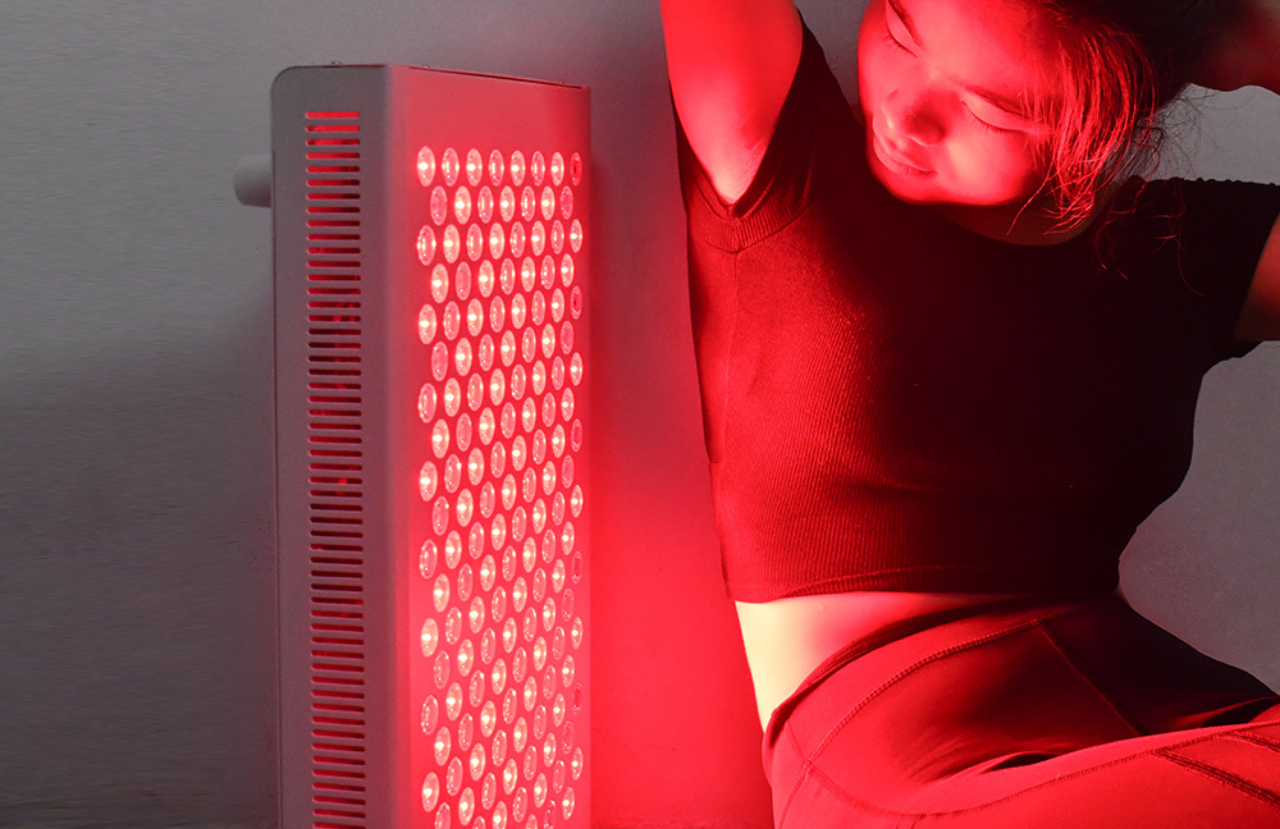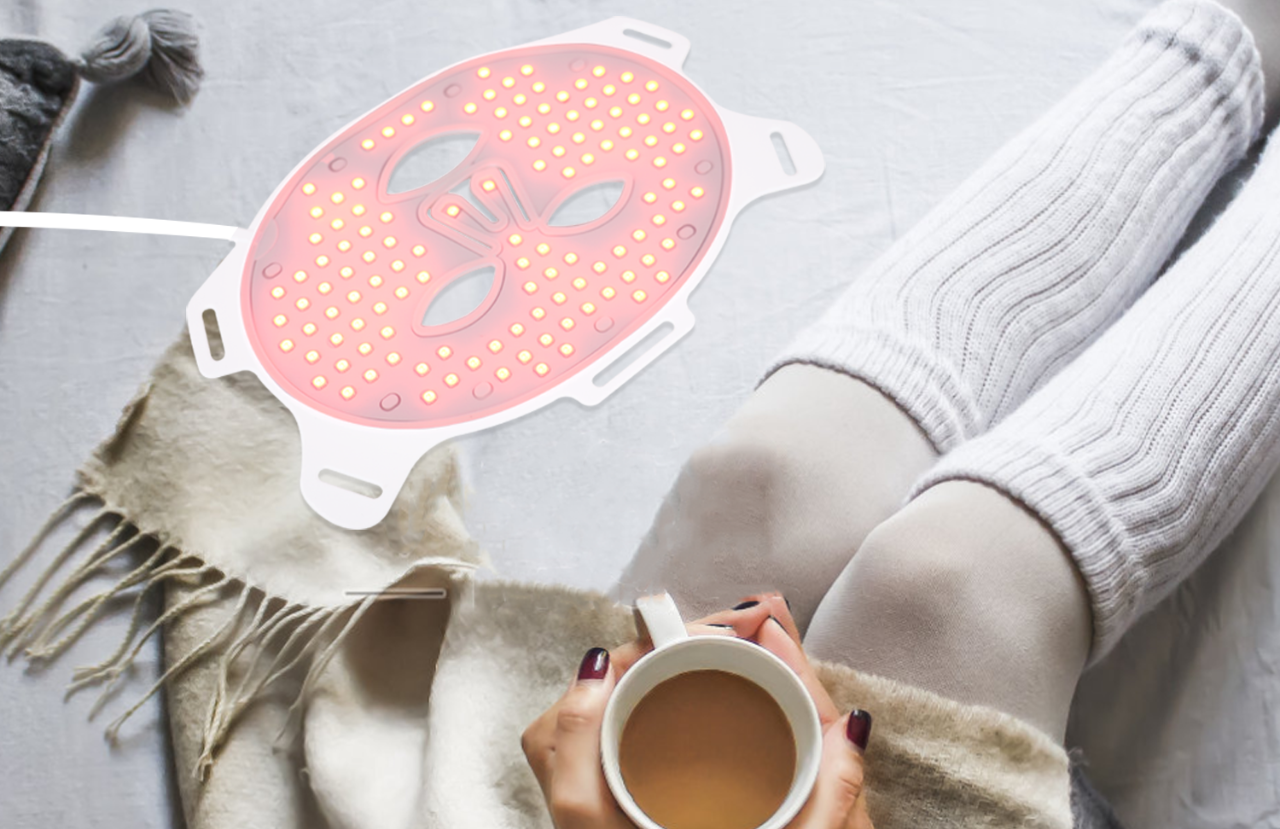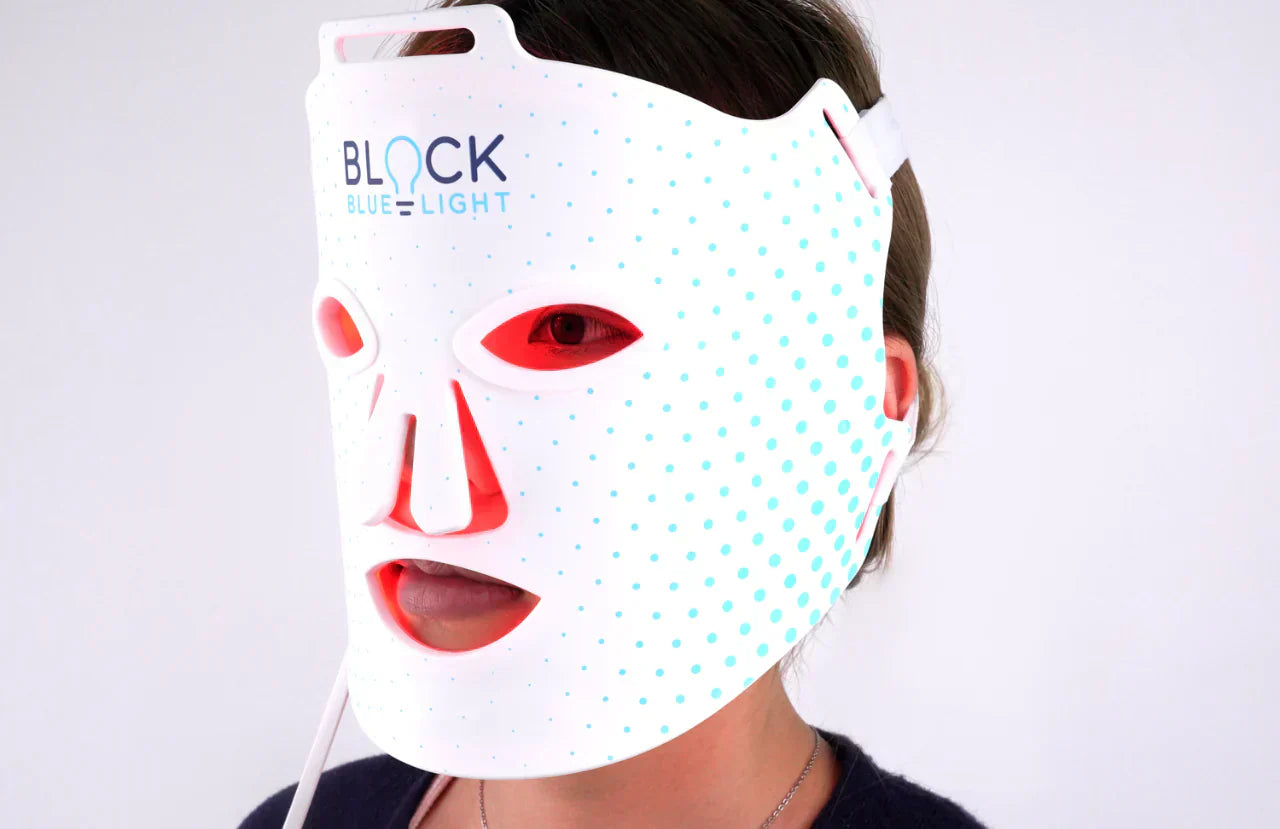Gaming glasses help with reducing the effect of blue light on the eyes, for people who use screens for long periods. Since gamers spend many hours in front of screens, that too in darkened rooms, their eyes and health are affected. Gaming glasses help with headaches and eye strain, among the other symptoms associated with screen usage, including;
- Eye sensitivity
- disrupted sleep-wake cycle
- mood disruption
- macular degeneration
and the other side effects of artificial blue light.
If you’re wondering ‘do gaming glasses help with headaches’ and what gaming glasses do, continue reading to find out what gaming glasses help with, whether they’re worth it, and what to look for when choosing a pair for yourself.
What do gaming glasses do?
Gaming glasses help with reducing the effect of extended screen usage on the eyes. They have the following 2 features;
Gaming glasses help filter the blue light emitted from screens and reduce its effect on our eyes and health.
Screens reflect light on your eyeglasses which makes it difficult to see. Anti-glare coating refracts this reflection, making your glasses look better, improving vision and eye contact with others.
The blue-light filter and anti-glare coating are the most important features to protect gamer’s eyes. Some pairs of glasses also have a slight magnification feature (think of it as a 0.5x or 0.75x zoom-in), but more than likely, you’ll hardly notice this magnification.
Now let’s explain the two main features of blue light glasses further.
Blue light filtering:
Gaming glasses help with reducing the effects of artificial blue light on the eyes. TV screens, laptops, mobiles, LEDs and all digital devices emit blue light in varying quantities.
What is blue light?
Blue light is one of the colours in the spectrum of light. (Light contains all the colours of the rainbow and they combine to form white light), with a wavelength of 400-500nm.

Why is blue light important among all other colours, you might ask?
For one, blue light has the shortest wavelength out of the entire spectrum (excluding violet light). A shorter wavelength means higher energy. Think: the less the area, the more concentrated it will be.
Secondly, blue light plays an important role in our bodies. It’s a zeitgeber, which means it sends signals to the body to regulate our natural sleeping and waking cycles, digestion, and more.
How does artificial blue light affect gamers?
If you’re a gamer you probably look at screens for long stretches and are exposed to excessive levels of artificial blue light.
You may be at risk for;
Digital eye strain:
You may experience dry, irritated eyes and blurred vision. This can lower performance. (Pain and eye-irritation may cause blinking, poor focus and reduced reaction time)
Damage to your retina:
Also called phototoxicity, studies have shown that exposure for even small periods of time can be harmful.
Permanent eye-damage:
Blue light has been shown to trigger the release of toxic molecules in photoreceptor cells on the retina and cause age-related macular degeneration, a disease in which there is permanent vision loss.
Poor sleep:
During the day, blue light from the sun signals to the body that it’s daytime and the lack of blue light after sundown, indicates to the body to prepare for bed. Gaming and using screens after bed confuse the body’s natural rhythm and make it hard to fall asleep at night and wake up in the morning.
Anti-glare coating:
Also called anti-reflective coating or AR coating, anti-glare coating prevents screen glare and lens glare from hurting gamer’s eyes.
What is glare?
Glare is simply light bouncing off a surface.
Visual glare is the discomfort you feel when your eyes are exposed to intense light, to which they’re not adapted. Even people who don’t wear glasses experience glare in the form of screen glare, or light bouncing off the screen and into our eyes.

For example, when you look at the sun, or turn on the lights suddenly at night, or look at bright snow, the pain you feel is glare.
The effects are heightened for those who wear glasses.
What is glare in glasses (lens glare)?
All surfaces reflect light to some extent. Lens glare is when light bounces off lenses. Whether a camera lens, binoculars or telescope lenses, all lenses have a level of refraction. (Level of refraction is the amount of light they reflect into the surroundings.)
Most eyeglasses let 90% of the light pass through and refract about 10%. Even though it’s a small percentage, the glare reduces clarity, causing people to see halos around street lamps and white reflections in the lens itself.
Have you ever seen a picture of yourself wearing glasses and noticed that the lenses looked white? That’s glare. Glare also makes it difficult for others to see your eyes.
Gamers feel the effects of glare strongly because the slightest reduction in clarity causes a drop in performance.
How does the anti-glare filter work?
Anti-glare coating is a thin hard film layered onto the lens. It's incredibly thin- 0.2 to 0.3 microns thick, or about 0.02 percent of the thickness of the lens! The film has an index of refraction that is between the index of refraction of air and glass. (index of refraction measures the bending of rays of light when they pass through something). The film is sprayed onto the front and back of the lenses. This causes the light reflected from the inner surface of the lens, and the outer surface to be equal. Thus, the two reflections cancel each other out, allowing light to pass through easily.
For example, our range of glasses allow 99.5% of the light to pass through and refracts only 1%. This improves your field of vision, increases your clarity and reduces the need to squint.
Our glasses also undergo a hydrophobic surface treatment that makes them resistant to water and easier to clean.
So this sums up what gaming glasses do. Gaming glasses all work on these same basic principles of filtering blue light and providing a anti-glare filter to ensure maximum protection to the eyes while gaming.
What’s the difference between blue light glasses and gaming glasses?
There is no difference between blue light glasses and gaming glasses. Scientifically, both gaming glasses and blue light glasses protect eyes by filtering the high energy wavelengths of blue light (400-500nm). Since gamers spend long hours in front of screens and thus require protection, glasses manufacturers have targeted blue light glasses specifically towards them.
However, post-COVID almost everyone needs to protect their eyes in some way. The degree of protection you require will dictate the strength of your glasses.
Types of gaming glasses or blue light glasses
To understand which gaming glasses are best for you, you’ll first need to understand two terms; intensity and wavelengths.
Gaming glasses vary according to the intensity of blue light that they block and the range of wavelengths that they provide protection against.
Understanding wavelengths:
The wavelength is the distance between the two successive crests in the ray of light, as you can see from the image below.
For example, the full spectrum of blue light ranges from 400-500nm. A lens can provide protection between 400 - 450nm or from 450 - 500 nm.
Understanding intensity:
A lens also provides varying levels of protection at a particular wavelength. For example, it can block 5% of light between 400-450nm. Or even 100% of light between these two ranges.
Since gamers spend most of their time in front of screens (the average gamer spends 8 hours and 27 minutes!) they require more protection than the average person.
For gamers, we recommend having 100% protection between 400 - 455nm- the range which is highest in energy and responsible for most eye and health issues. However, blocking the full spectrum at 100% during the day is not recommended, so the later part of the spectrum- 455-500nm should be left unblocked.
This is because blue light is needed during the day to promote alertness and regulate our circadian rhythm.
Our DayMax yellow lenses gaming glasses block 100% of the lower part of the blue light spectrum which is responsible for light sensitivity issues such as anxiety, depression, migraines, eye strain, and dry eyes.

If you’re looking for a lower level of protection, then you may be interested in ScreenTime clear lens gaming glasses, which you can read about in our blog.
Do gaming glasses help? (Are they worth it?)
If you’re looking for relief from symptoms of computer vision syndrome such as digital eye strain, headaches, and eye sensitivity which are caused by gaming, then yes, blue light gaming glasses will work for you. Thousands of people have reported a reduction in eye fatigue and sleep disruption, after using our glasses. A 2003 study showed that not only did sleep quality and sleep duration improved in those who wore blue light glasses, but that mood also improved significantly compared to the control group.
Secondly, gaming glasses will increase your field of vision and thus improve your performance by eliminating glare.
However, if the cause of your symptoms is something else- i.e. nerve damage or a disorder, wearing blue light glasses won’t help without treatment. They can, however, aid during the treatment of the underlying disorder.
What to look for when buying gaming glasses?
Whichever pair of glasses you go for, make sure that they’re scientifically aligned with your goals. Here are a few things you should keep in mind to find gaming glasses that help:
-
Ask for a spectrum report (which shows a graph of the wavelengths that are filtered by the glasses). Many sellers do not even know which wavelengths their glasses filter! BlockBlueLight includes lab-grade spectrum test reports with each pair that we manufacture.

- Buy pairs that are produced by a company that does the research and creates the products backed by science.
- Look for a pair that provides 100% protection at the lower range of blue light (between 400 - 455nm). Keep in mind that below 400 nm lies violet light, which does not affect eyes the way blue light does. So any pair of glasses claiming UV protection won’t benefit your eyes or health while gaming.
References:
How Blue Light Can Affect Your Health. (2021). Retrieved 5 August 2021, from https://www.webmd.com/eye-health/blue-light-health
Kimberly, B., & James R., P. (2009). AMBER LENSES TO BLOCK BLUE LIGHT AND IMPROVE SLEEP: A RANDOMIZED TRIAL. Chronobiology International, 26(8), 1602-1612. doi: 10.3109/07420520903523719
State of Online Gaming 2021 Report. (2021). Retrieved 5 August 2021, from https://www.limelight.com/blog/state-of-online-gaming-2021/





